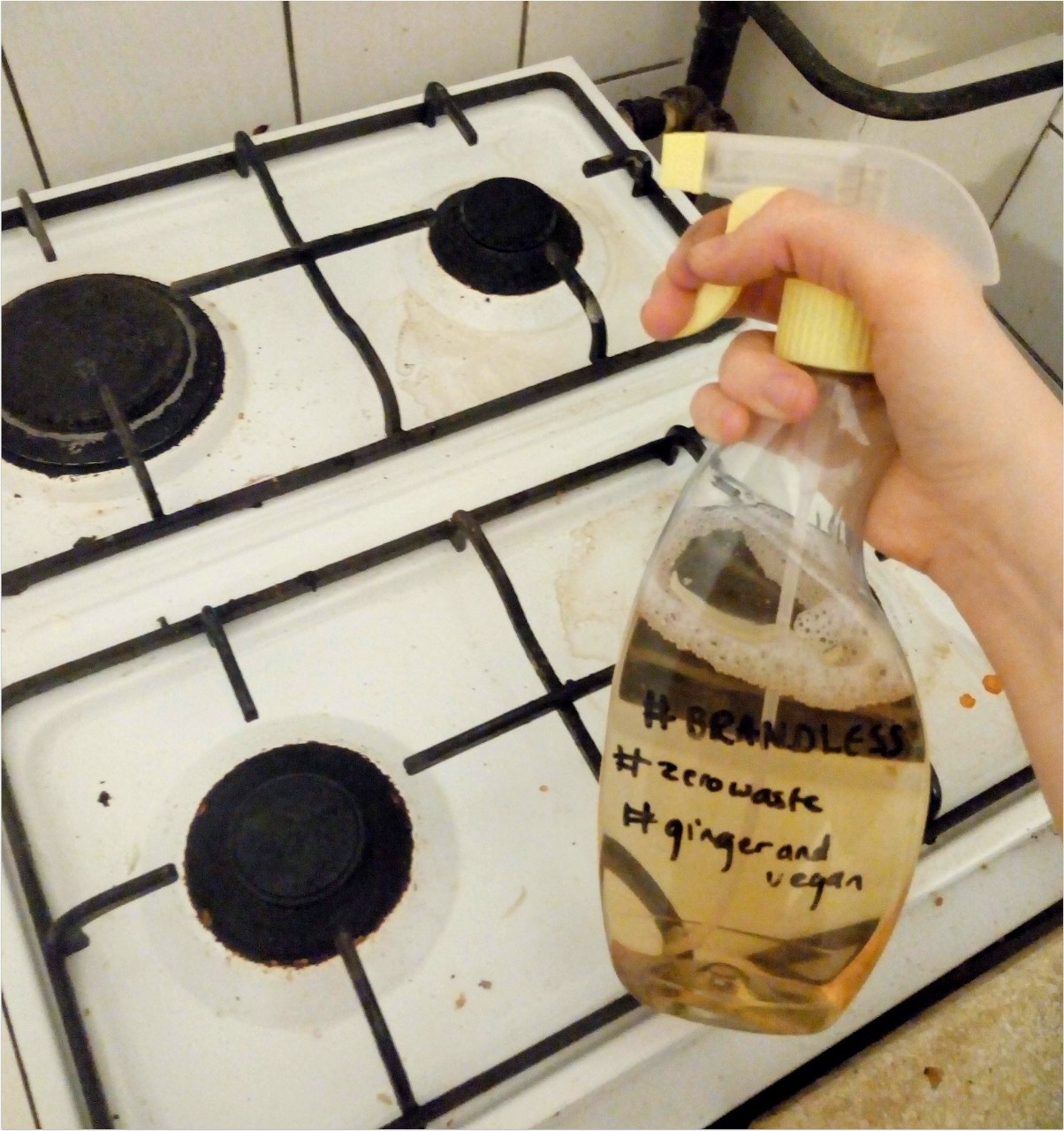The Problem
"Toxins" is a word that doesn’t really mean anything, it's mainly used for marketing purposes. It makes you afraid of normal things you don't need to. So let's go about this another way.
Jas is a total sceptic about being afraid of chemicals. It has to be tested before it comes to the market. People would not create products that are harmful to their fellow humans. So, Jas did some research. Jas is now concerned about the commonly used cleaning products.
Don’t get us wrong, you are not going to find her running through a forest, singing about being at one with nature, wishing to be buried in a giant vat of coconut oil.
It's not like we're destroying our insides each time we use cleaning products with artificial chemicals. But logically, how long can we go using "unnatural" products before our body realises we're inhaling things we're not meant to?
On top of this, academics are beginning to think that in our uber clean world we are killing the "good" germs along with the bad ones with our aggressive cleaning sprays. There is evidence to suggest that this lack of exposure to germs causes everything from asthma to auto-immune disease.

The Solution
Make your own cleaner from products that don’t contain artificial chemicals.
To us, this seemed strange. All recipes for household cleaners involved mixing various edible things with water. So does that mean when we spill food, we clean it up with more food? Really? Yes. Yes, it does.
It turns out that if you own apple cider vinegar and baking soda, you can be the proud owner of a mixture that cleans anything you can put your hands on — from glass to microwave. We recommend diving into the internet to find tailored recipes for your cleaning needs, but here are some general ones so you get the idea.
All-purpose cleaning spray
1 tsp baking soda
1/2 tsp washing soda
1 tsp castile soap
18 drops of an essential oil of your choice
Vinegar spray
1 part vinegar
2-3 part water
We made the vinegar spray to clean some surfaces in our kitchen. Jas was STILL sceptical. Could you really clean using vinegar?

Kind of.
It DOES what it says it will, cleaning surfaces. On the windowsill, it worked like a dream. On the stove, it worked after using a tenth of the bottle, so we're not sure if it was the constant scrubbing or the spray that did the cleaning.
HOWEVER, the apartment did NOT smell like chemicals afterwards. We weren’t aware of how much it could affect the feel and smell of the apartment until it was gone. On top of this, by using our homemade spray we were able to join the #brandless movement, which probably put our street cred up a significant amount.
Evaluation
We did learn you should never throw out a plastic spray bottle once you've used it, there are a million uses for bottles around the house.
Whilst the basic "vinegar spray" worked, it didn’t work as well as a mass-produced cleaner could. We will be trying other homemade sprays that are more "aggressive," and are optimistic about cutting our cleaning waste for good in the future!





